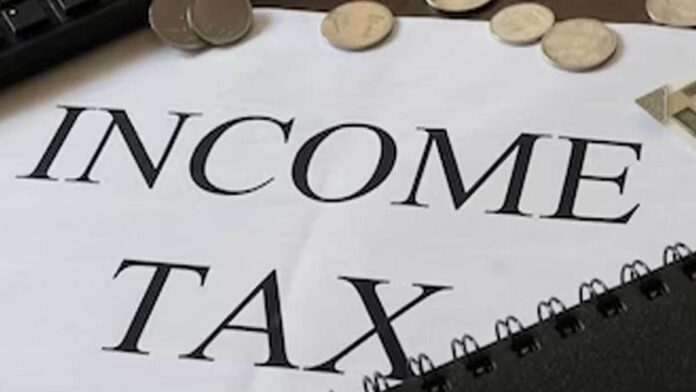Last Updated:
The Union Budget 2025 may feature a streamlined Income-Tax Act, reflecting the committee’s recommendations.
The committee tasked with revamping India’s decades-old Income-Tax Act will not propose changes to tax rates but will focus on simplifying the legislation to make it more concise and user-friendly, according to a report by Moneycontrol.
A senior government official reportedly stated that the review committee aims to submit all 23 reports, each addressing a chapter of the 1961 Income-Tax Act, by mid-December.
The Income Tax Act, of 1961, started its journey in 1922. It contains 298 sections and 23 chapters and other provisions in its current form of 1961.
Considering that the six-month timeline ends in January 2025, it is widely expected that the amended Income Tax Act could be brought in the Budget session of Parliament.
“The review committee will not suggest any rate changes. They are reviewing each Act for the purpose of simplifying it, making it concise, user-friendly, and easier to read,” the official told Moneycontrol on condition of anonymity.
So far, eight reports have been presented to the Central Board of Direct Taxes (CBDT), with the sub-committees working intensively to finalize the remaining drafts.
“The reports are being submitted and are discussed in parallel by the CBDT. Once the review is complete, the final compilation will be sent to the finance minister,” the official said.
Focus on Simplification
Finance Minister Nirmala Sitharaman announced the review of the Income-Tax Act, during the budget presentation in July. However, the review does not aim to overhaul the structure of the law but to simplify its language, remove outdated provisions, and eliminate redundancies.
The effort will involve rephrasing complex provisions without altering their legal intent.
Income-Tax Act Review: Committee Structure
Chaired by Chief Commissioner of Income Tax VK Gupta, the committee includes sub-committees and working groups, each led by a Principal Commissioner of Income Tax and focusing on specific chapters of the Act.
Key areas under review include;
- Compliance
- Exemptions under Section 10 (such as house rent allowance and leave travel allowance)
- Income from trusts (Sections 11–13)
- Penalty provisions
- Redundancies
- TDS/TCS rules.
With over 80 officials involved, the committee has also launched an online portal to collect public suggestions, aiming to make the IT Act more accessible and comprehensible for taxpayers.
What Is the Income Tax Act of 1961?
The Income Tax Act of 1961 serves as the foundation of India’s taxation framework. It defines the rules, regulations, and procedures for the imposition, administration, collection, and recovery of income tax across the country. This comprehensive legislation addresses several key aspects of taxation, including:
- Charge of Income Tax: The Act imposes taxes on the total income of individuals, companies, and other entities.
- Heads of Income: Income is classified under five categories: salaries, house property, business or profession, capital gains, and other sources.
- Tax Rates: It specifies different tax rates based on income levels and taxpayer categories.
- Deductions and Exemptions: Certain deductions and exemptions are provided to reduce taxable income.
- Assessment and Collection: It lays out the processes for filing returns, assessment, and tax collection.
- Penalties and Interest: Non-compliance with the Act attracts penalties and interest charges.
This legislation forms the basis for India’s income tax policies and ensures efficient tax administration.
